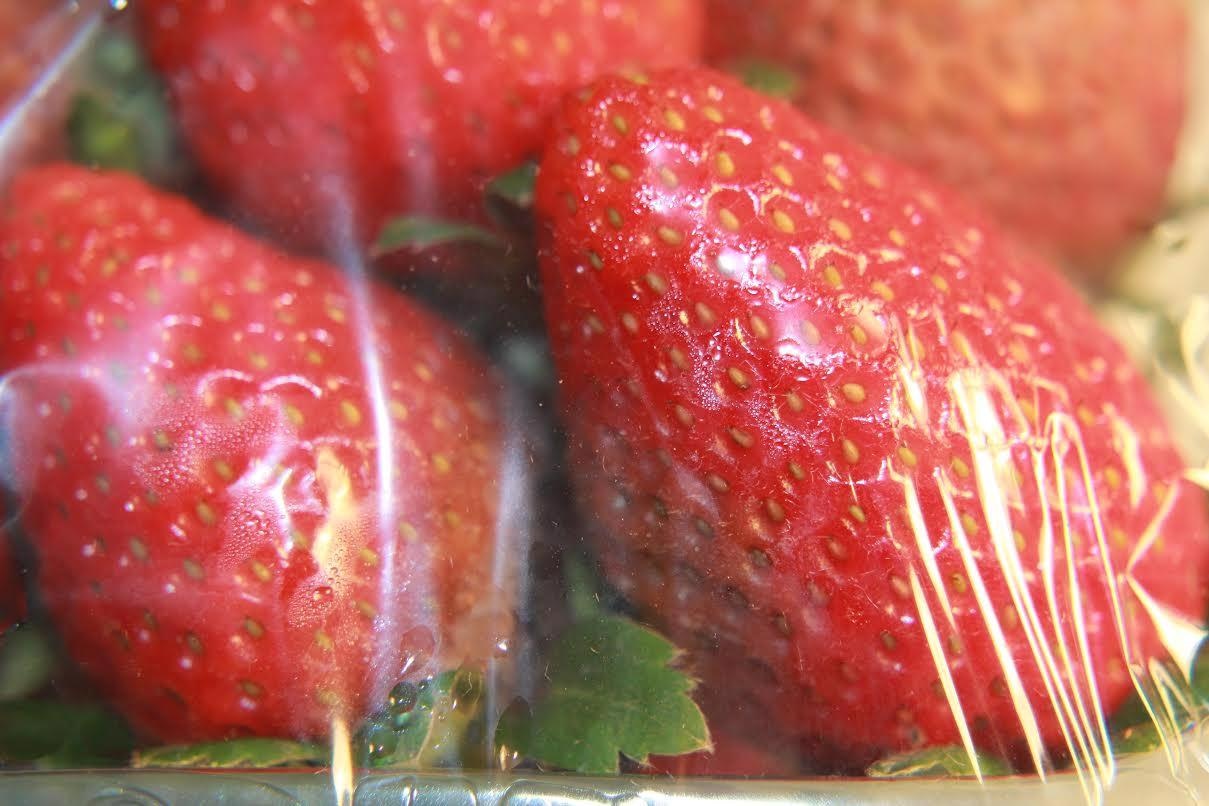Feb 8 2021
A scientific collaboration including the companies Nanox, AplFilm, Braskem and the UFSCar (Brazil) and Jaume I of Castellón (Spain) universities has launched a plastic film with the potential to deactivate 99.99% of the novel coronavirus in just 15 minutes.

Image Credit: RUVID.
Named AlpFilm Protect PVC, the new product is already available commercially.
The collaboration started 15 years ago between UFSCar and UJI with company Nanox, which had already created a product in 2014 with bactericidal and antifungal properties.
The transparent PVC film including silver microparticles has now formed the basis of the technology patented by Nanox with the assistance of the Vinyl Application Engineering team of AlpFilm and Braskem.
Silica is a semiconductor that turns active in the presence of metallic silver to produce highly oxidative molecules with the ability to deactivate 79.9% of the novel coronavirus in 3 minutes and 99.99% in just a matter of 15 minutes.
The product is already available commercially and commonly used for packing food items like vegetables, fruit, meat and cold meats. Now it can be used to safeguard surfaces.
The tests to confirm the power of new plastic packages to inhibit SARS-CoV-2, the virus responsible for COVID-19, were carried out at the level 3 biosecurity laboratory of the Institute of Biomedical Sciences of the University of São Paulo (ICB-USP) in accordance with ISO 21702:2019—the technical standard to quantify the antiviral activity in plastics and other non-porous surfaces.
Companies AlpFilm and Braskem enhanced the formula of the film, thereby optimizing the ability of protection against bacteria and fungi, which helps achieve the virucidal effect.
The technology that has been developed by Nanox, managed by doctor Gustavo Simões, received support from the Innovative Research Programme for Small Companies (PIPE) of the FAPESP, and the scientific guidance of professor Elson Longo from the Centre for the Development of Functional Materials (CDMF), the Federal University of São Carlos and professor Juan Andrés Bort, head of the Laboratory of Theoretical and Computational Chemistry from the Jaume I University of Castellón.
For Braskem, the efficiency of the material reinforces the significance of plastic in initiatives targeted at the health and security of society.
“Plastic has been a great ally against the coronavirus pandemic. PVC solutions enable the production of a series of essential products ranging from medical and hospital products to packages, which ensure food safety, hygiene and cleanliness, among other factors, bolstering the fight against COVID-19,” stated Almir Cotias, Vinyls director at Braskem Business, department that manages for the production of the raw material for PVC film AlpFilm Protecto.
The product existed since 2014 with antifungal and bactericidal properties thanks to the presence of silver microparticles, but with the pandemic, we subjected it to a series of studies to adapt its composition in order to ensure its antiviral efficiency. Faced with the challenges imposed by COVID-19, we decided to focus our attention on researching and developing this product evolution to deactivate the new coronavirus by contact.
Alessandra Zambaldi, Director of Foreign Trade and Marketing, AlpFilm
AlpFilm is among the principal manufacturers of PVC plastic films in Brazil that produces 450 tons of material in a month. From 2014, the company started selling plastic films with silver microparticles for home use and for the packaging of foods in supermarkets to offer safety against bacteria and fungi.
AlpFilm is a Brazilian family company founded in 1998 with the name Alpes Indústria e Comércio de Plásticos Ltds, which in 2002 took on the name it offers to its products: AlpFilm.
For more than 30 years, the collaboration between the UJI and the CDMF has achieved new materials and technologies, publishing more than 80 articles on semiconductors in the most renowned journals on physics, chemistry, nanotechnology, and materials science.
Initially, Nanox was a spin-off and then became a start-up of the CDMF. It is now a technology-based company that commercializes its products throughout the world. Its founders (Gustavo Simoes and Guilherme Tremiliosi) were doctoral students of professor Elson Longo, director of the CDMF, and Juan Andrés, director of the QTC laboratory of the UJI.
Souce: https://ruvid.org/